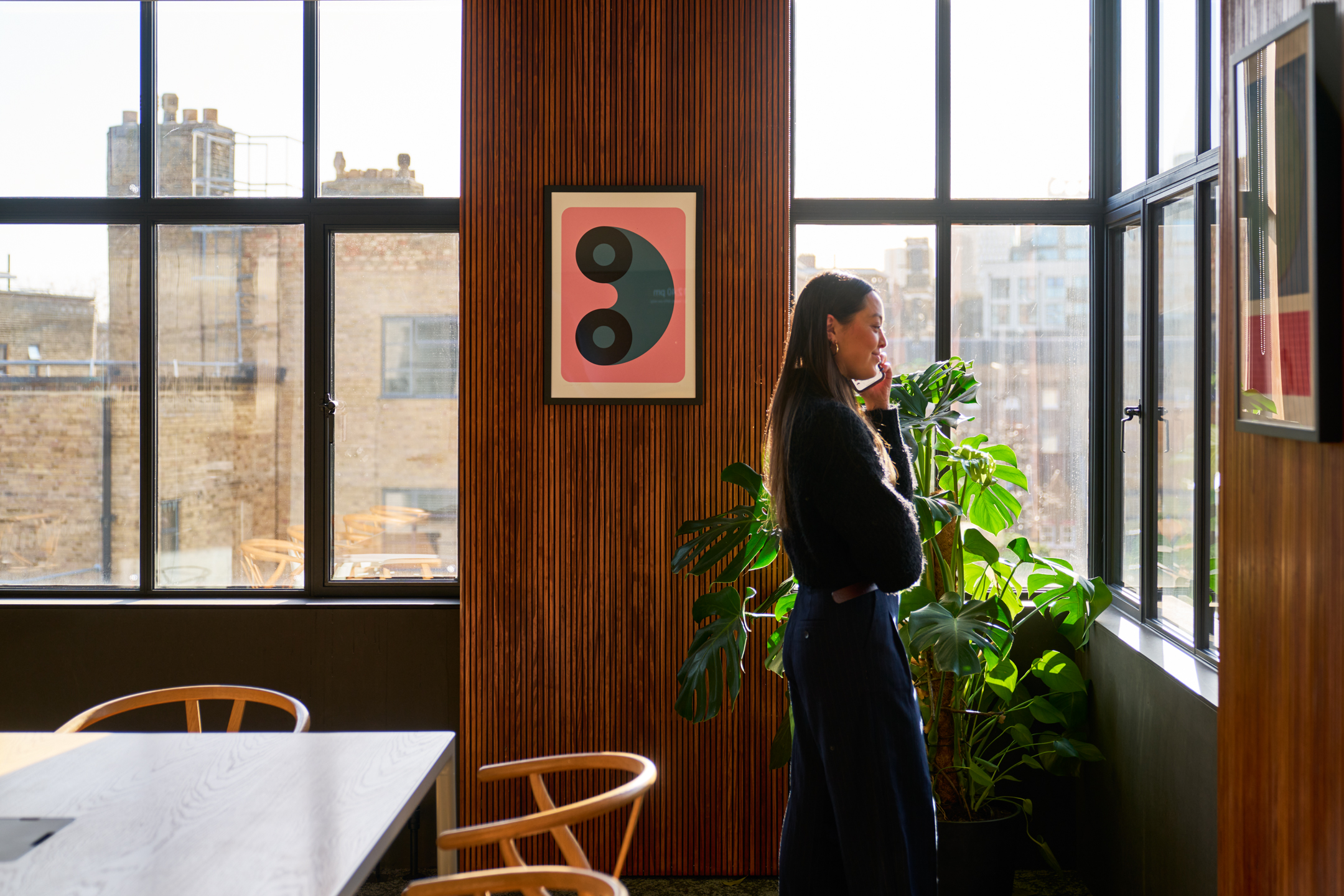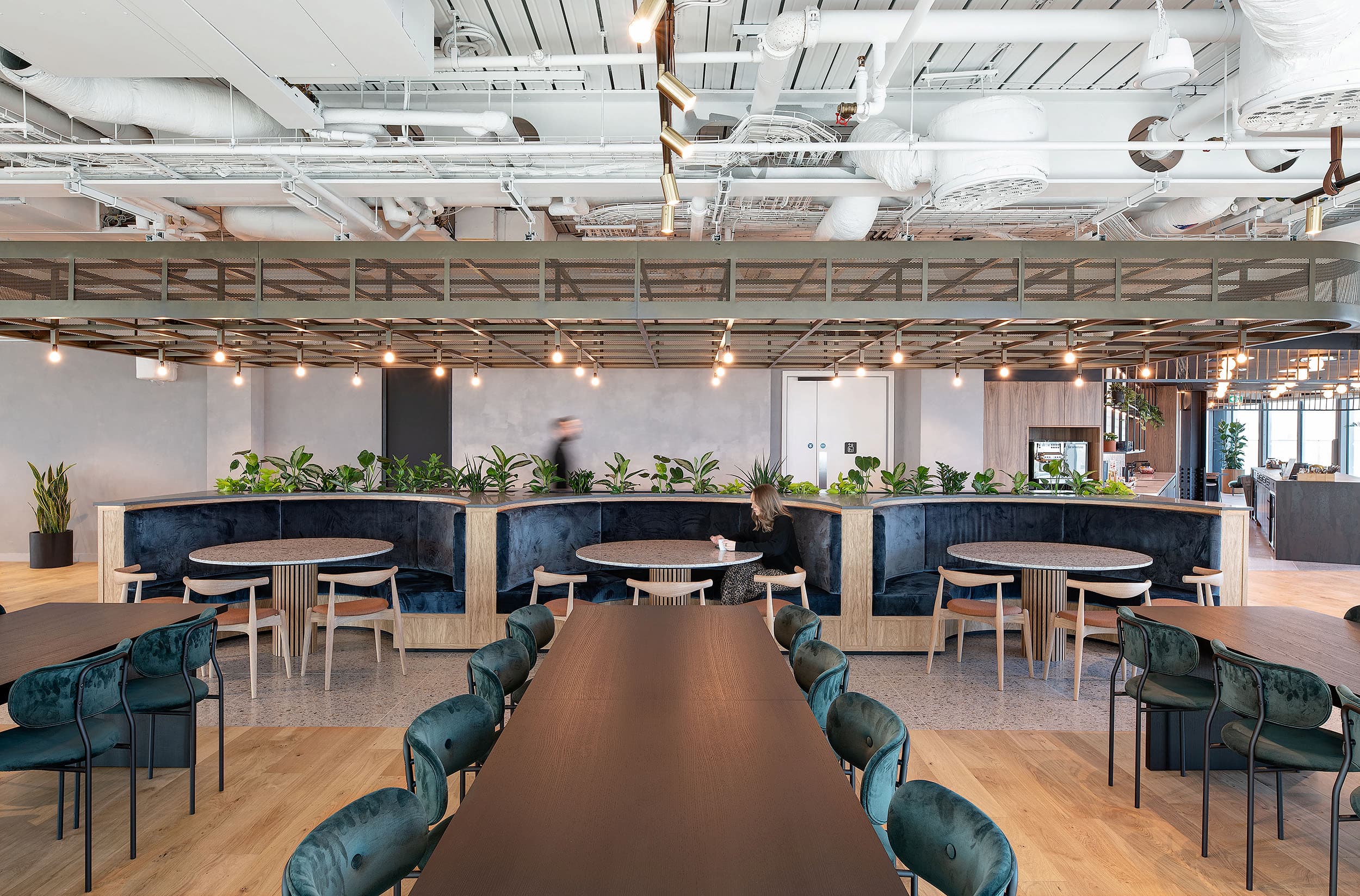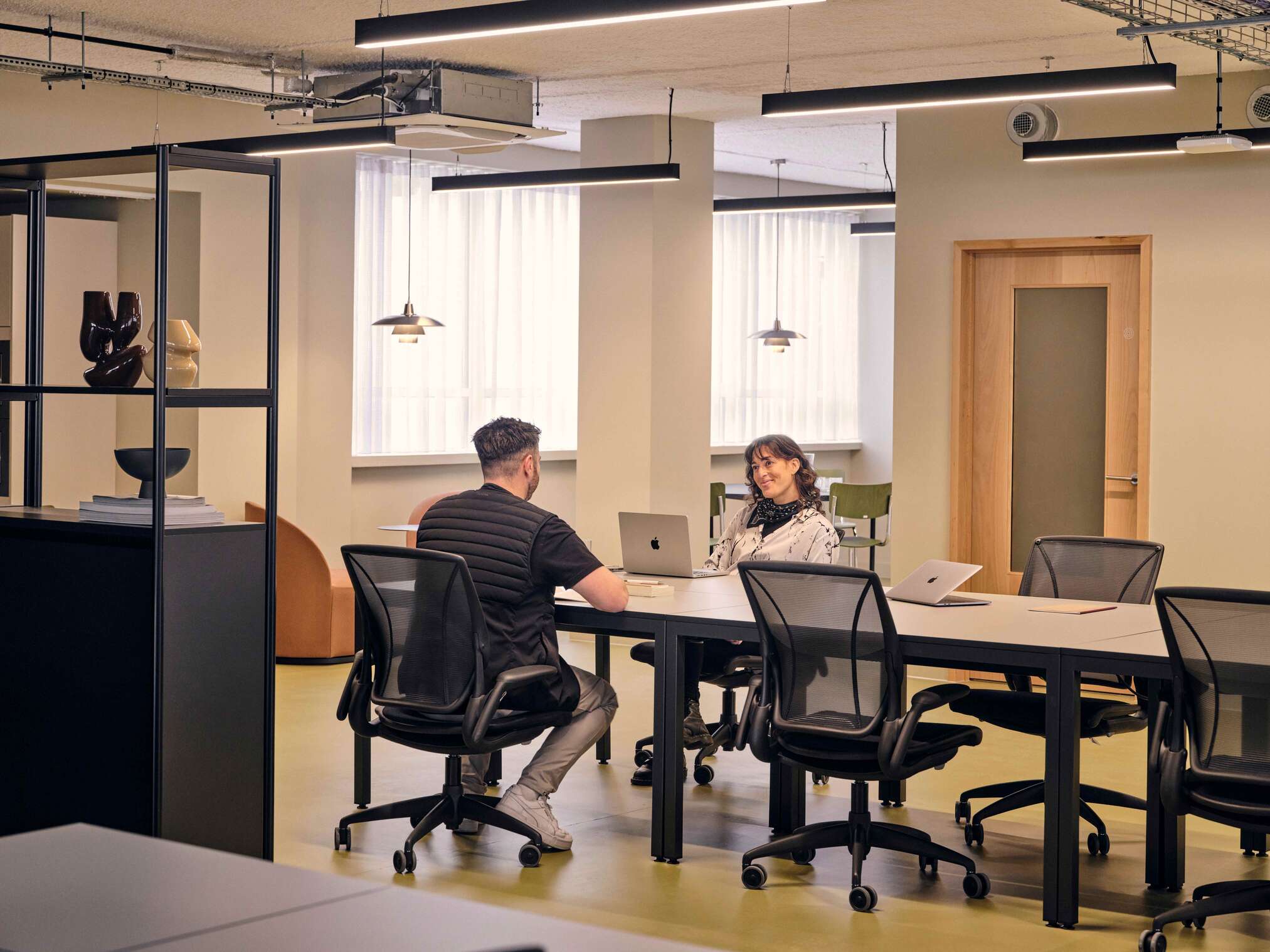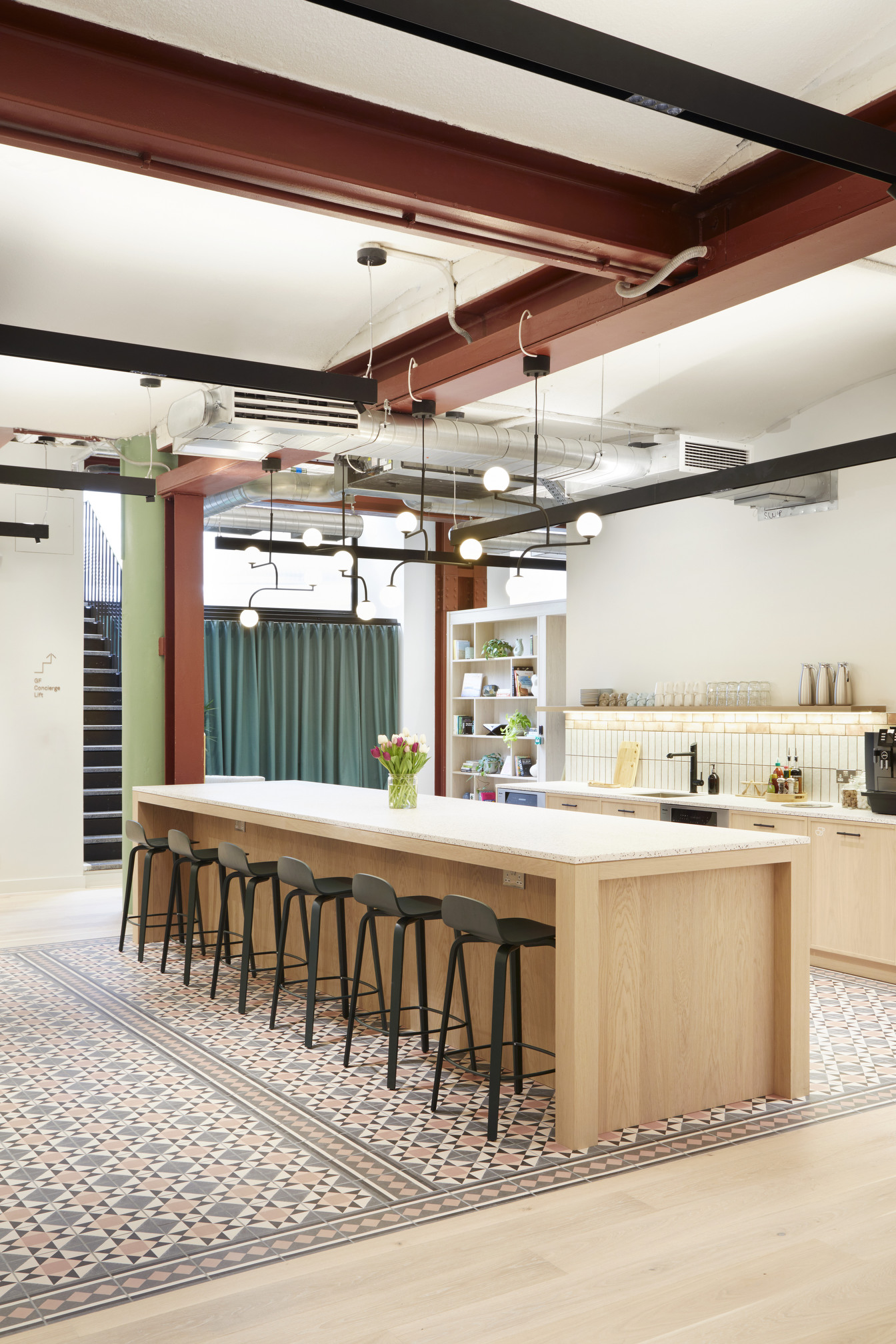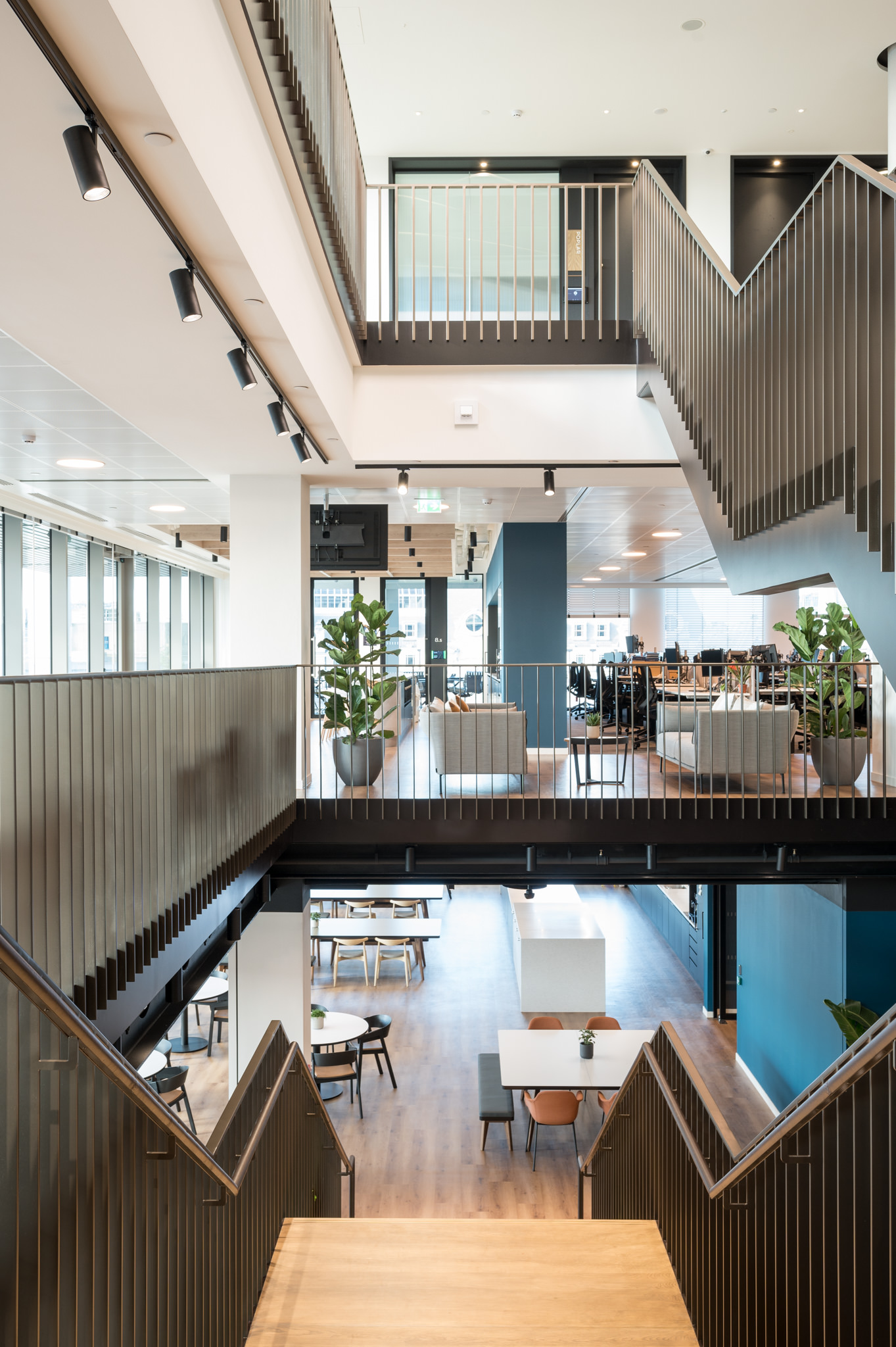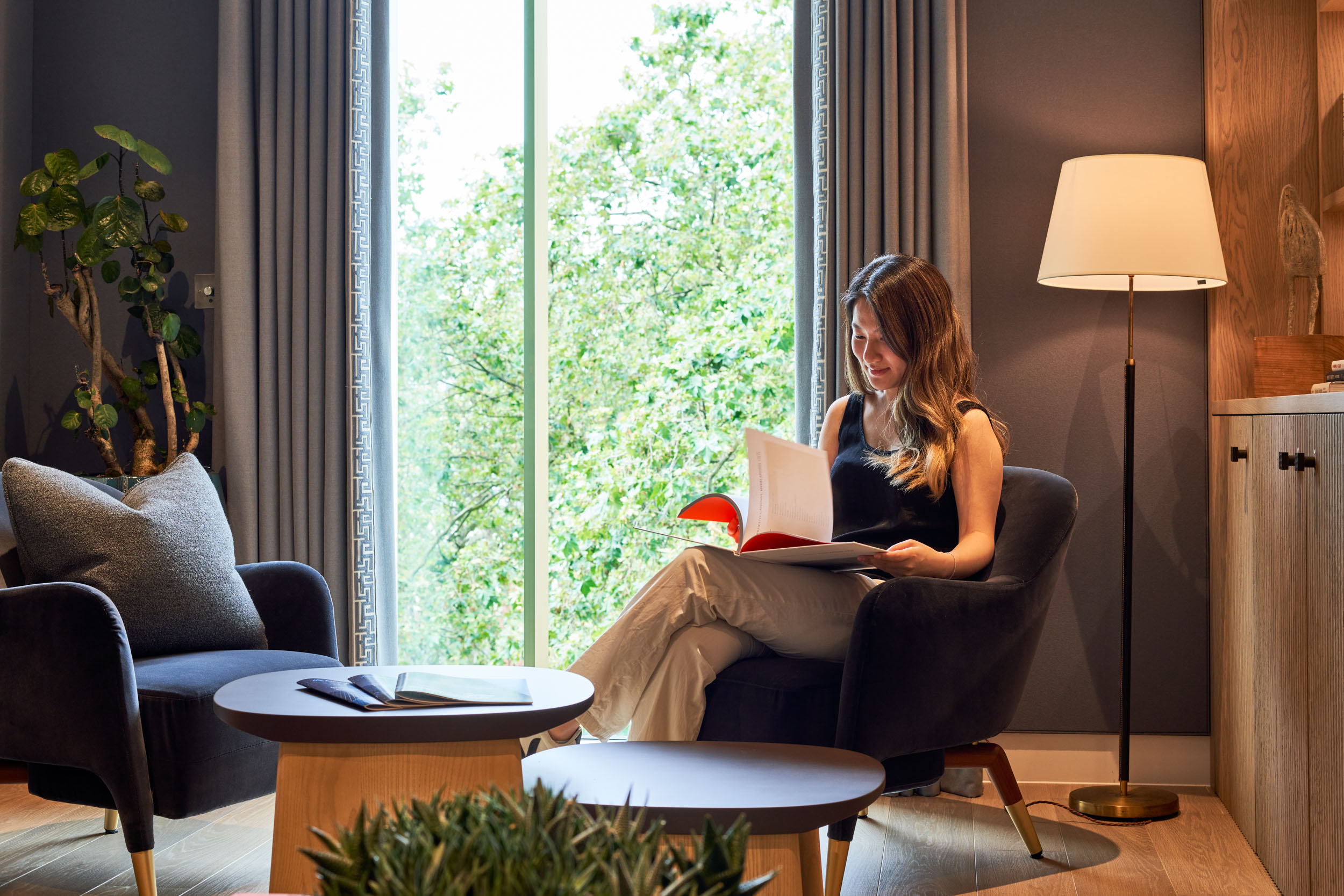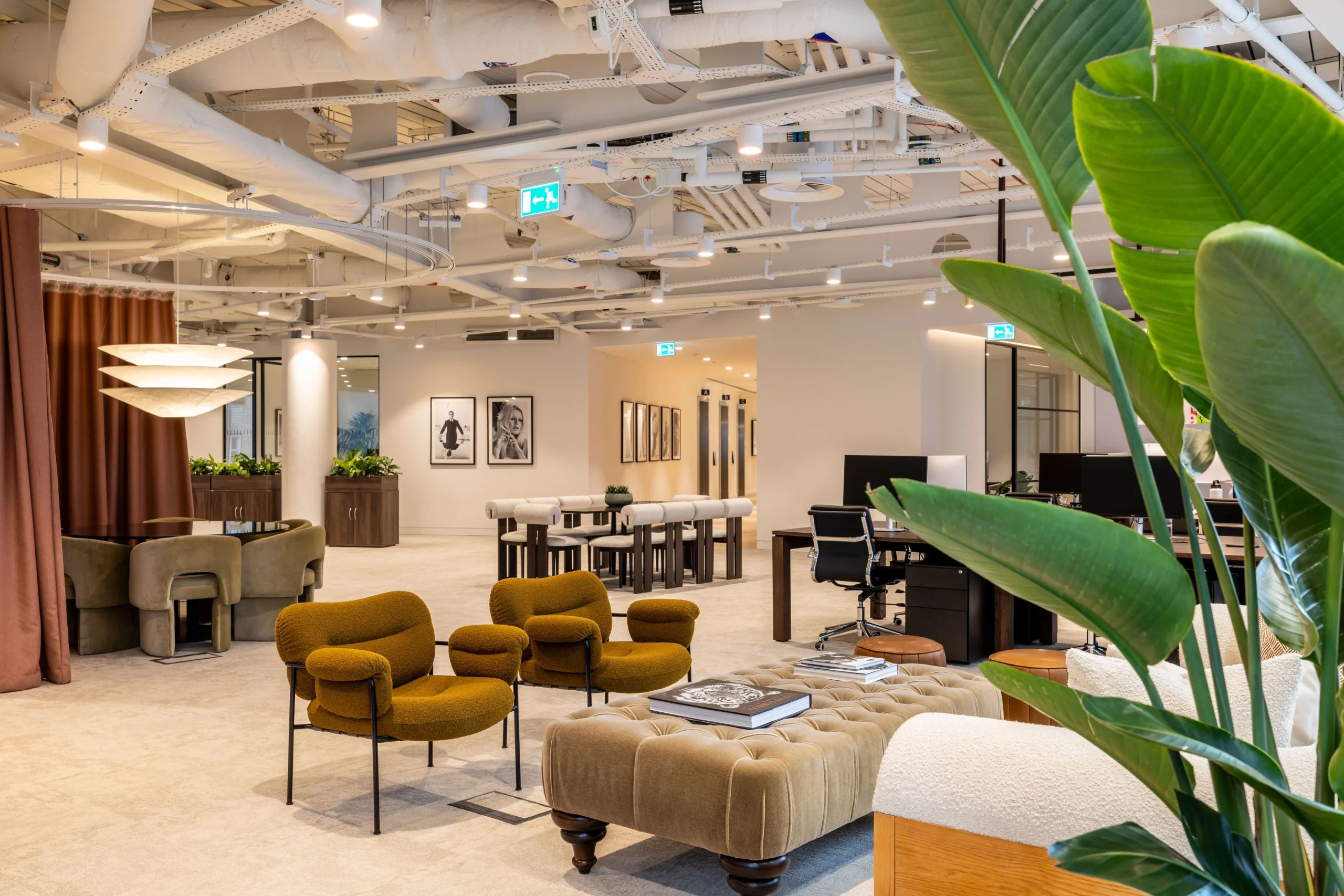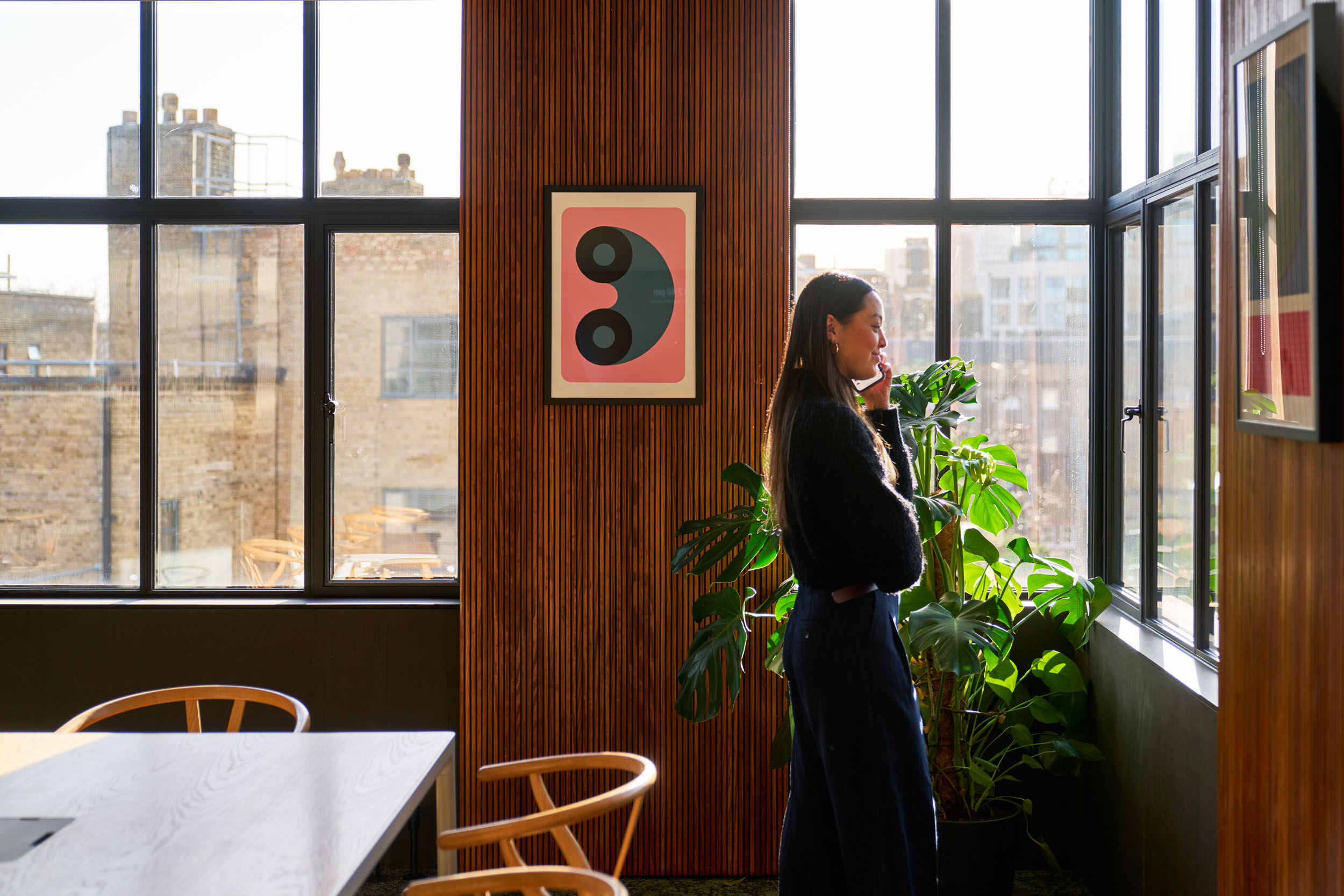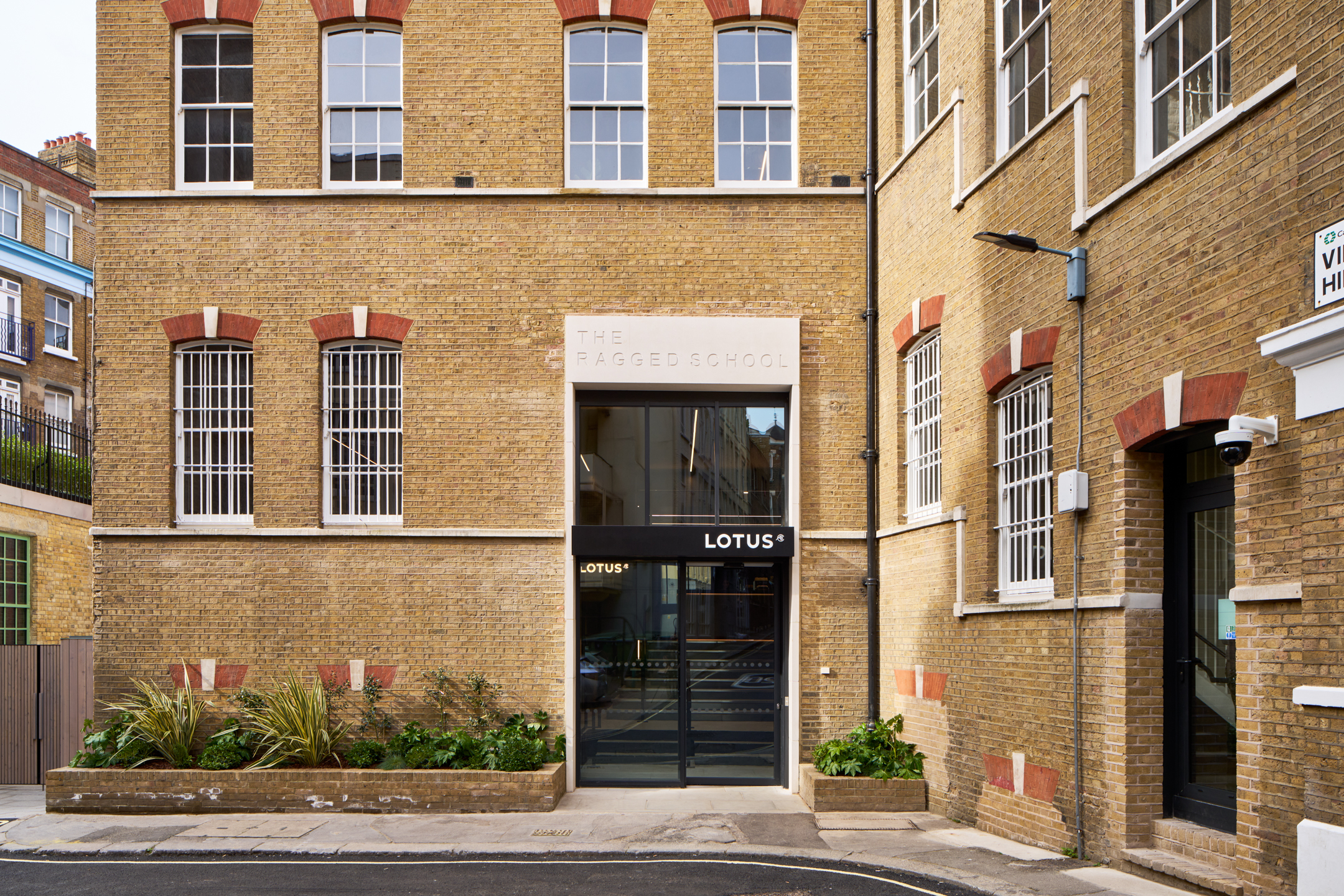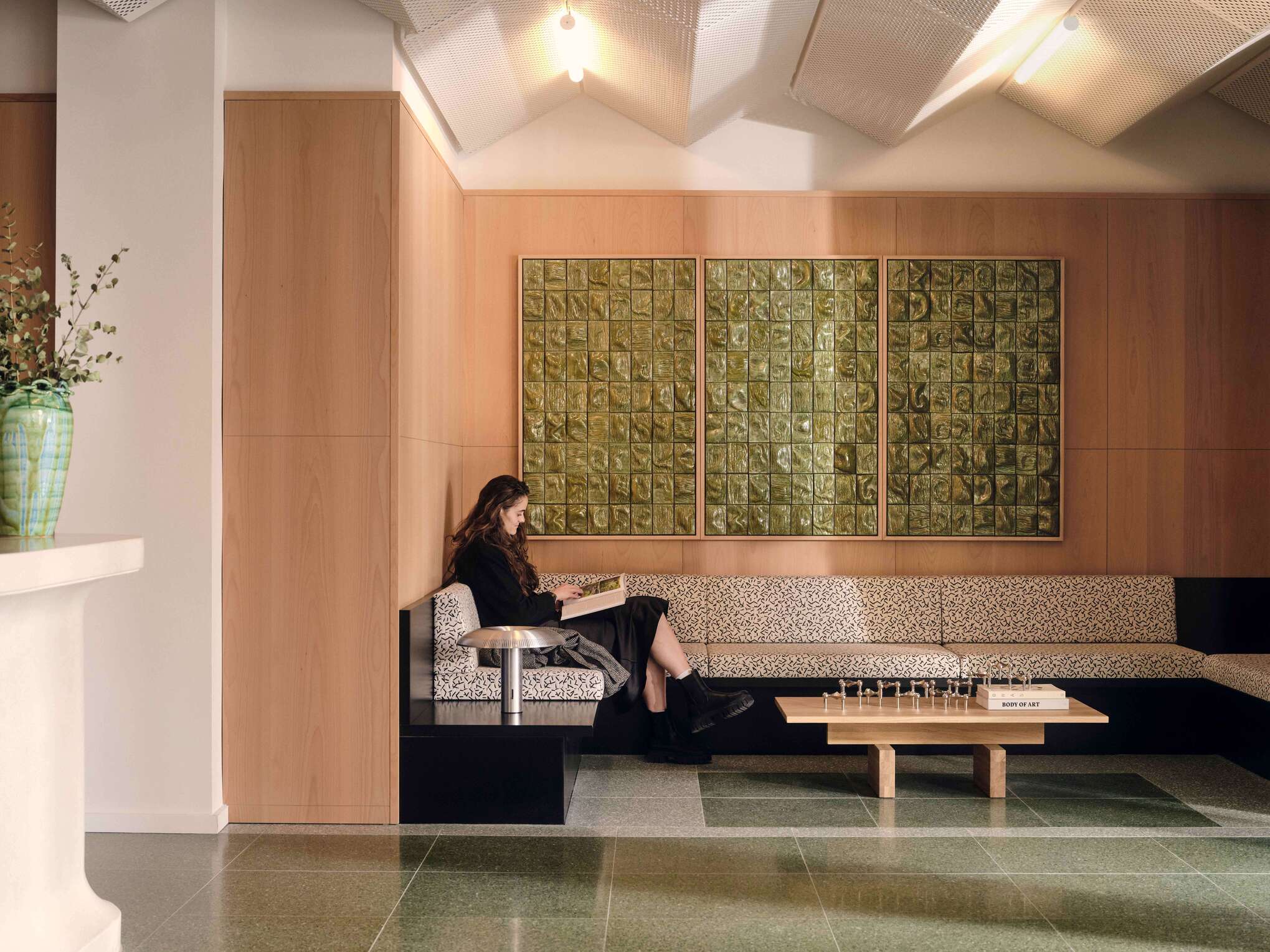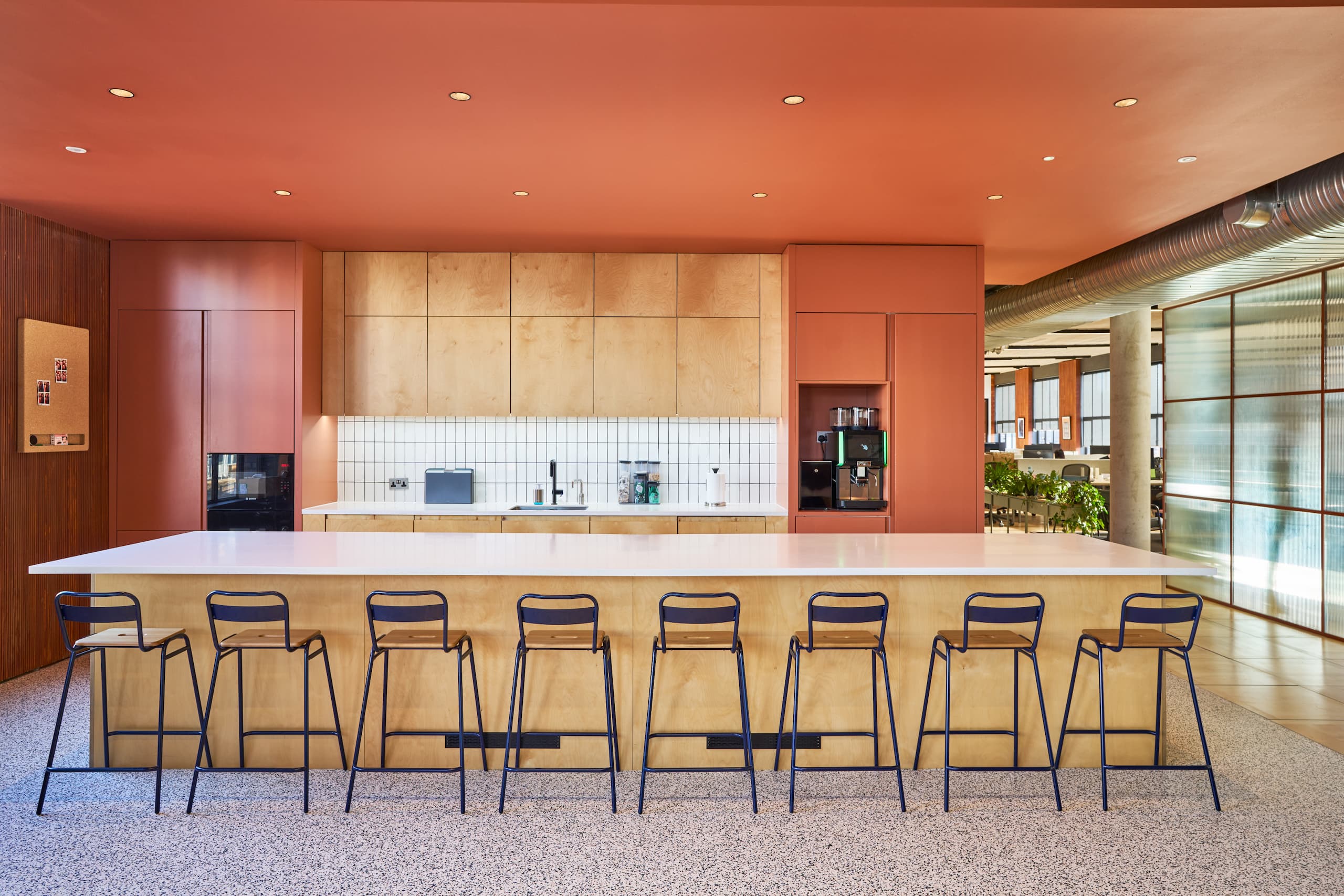Designing for Gen Z in the Workplace
In today’s dynamic work landscape, the flood of Generation Z in the workplace is reshaping traditional office design and functionality. Modus has over three decades of industry expertise and understands the evolving needs and preferences of this digitally fluent and ethically minded generation.
Designing workspaces that cater to Gen Z’s expectations is essential for attracting top-tier, high-paying clients and fostering a vibrant and productive work culture that resonates with the next generation of talent. Here, we have gathered our seven best tips to attract and retain Generation Z in the workplace.
Flexible and Agile Spaces
Gen Z thrives in flexible and adaptable environments. Designing agile workspaces that can easily transform to accommodate different tasks and work styles is paramount. Incorporating movable furniture, modular partitions, and versatile layouts empowers Gen Z employees to personalise their workspace, collaborate seamlessly, and switch between individual focus work and group projects effortlessly. Customisable workstations with personal storage solutions, art displays, and flexible decor options also appeal to Gen Z employees, allowing them to express their individuality and creativity within the workspace.
Technology Integration
With Gen Z being digital natives, integrating technology seamlessly into the workplace is a non-negotiable design aspect. Access to power outlets, charging stations, high-speed Wi-Fi, and interactive digital tools enhances productivity and connectivity. Intelligent technologies like virtual collaboration platforms and AI-powered solutions streamline work processes and cater to Gen Z’s preference for cutting-edge tech experiences.
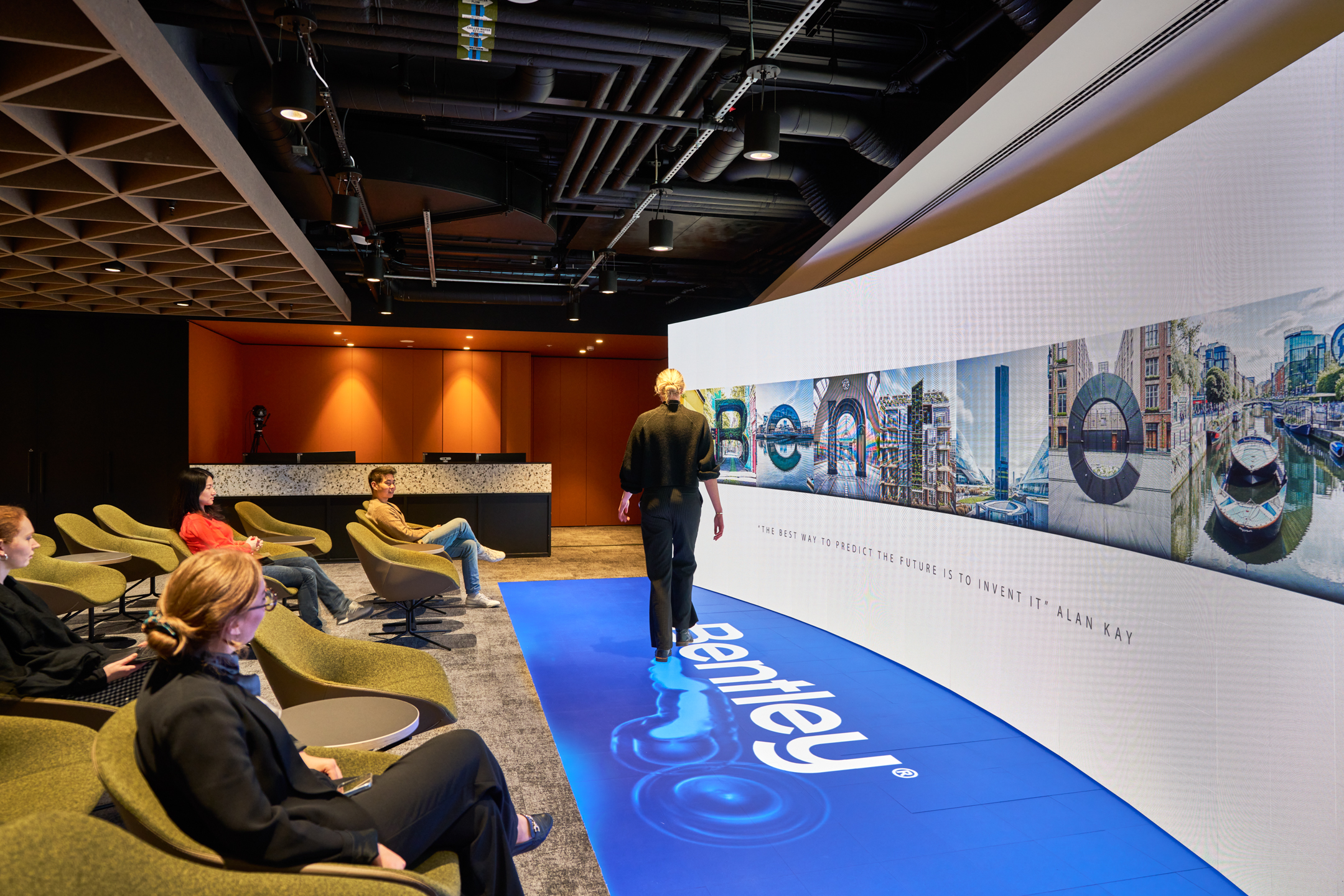
Wellness and Sustainability
Gen Z values wellness and sustainability highly and extends this ethos to their work environment. Designing workplaces prioritising natural light, indoor plants, ergonomic furniture, and green spaces promotes employee well-being and productivity, while high-quality amenities such as gyms and wellness rooms demonstrate a company’s commitment to employee health and well-being. Incorporating sustainable materials, energy-efficient systems, waste reduction initiatives, and recycling programs aligns with Gen Z’s eco-conscious values while creating a healthier and more environmentally friendly workspace.
Collaborative Zones
Collaboration lies at the heart of Gen Z’s cooperative nature. Designing open-plan areas, breakout spaces, social hubs, brainstorming zones, informal meeting areas with writable surfaces, digital whiteboards, and video conferencing facilities encourages employee teamwork, creativity, and cross-generational knowledge sharing. Research from Deloitte found that 51% of Gen Z are motivated by opportunities for growth, and 44% are motivated by building relationships, making well-designed collaboration zones essential for attracting and retaining top talent. These zones serve as hubs for innovation and idea exchange, fostering a culture of collaboration that drives organisational success.
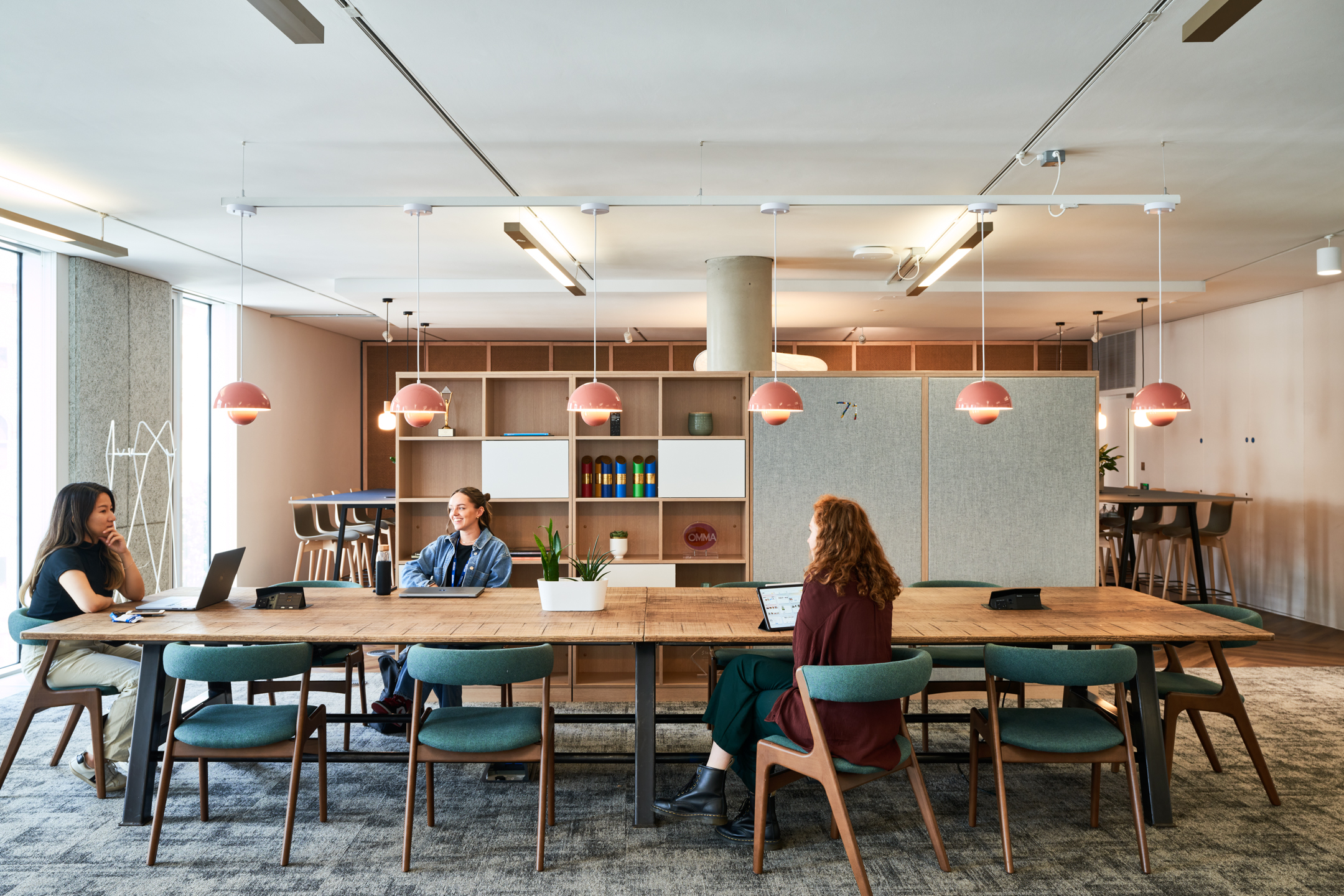
Learning Development Spaces
Continuous learning is integral to Gen Z’s professional growth aspirations. Designing dedicated learning hubs, training rooms, innovation labs, and quiet zones for focused work supports their desire for skill development and knowledge acquisition. Providing access to online resources, mentorship programs, workshops, and networking events enriches their learning experience and fosters a culture of continuous improvement within the organisation.
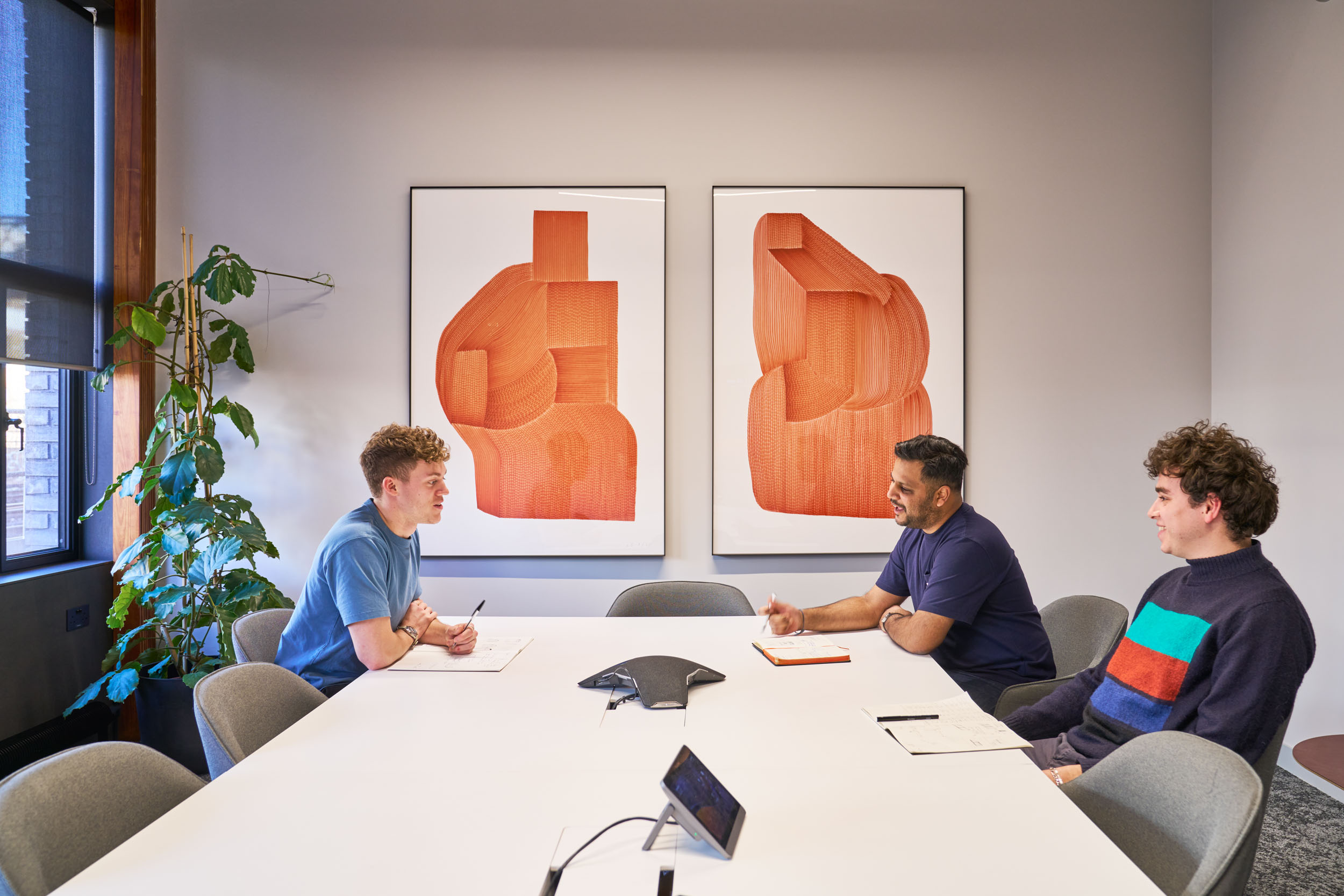
Balanced Work-Life Environment
Work-life balance is a crucial priority for Gen Z, who value flexibility, remote work options, and comfortable environments that prioritise well-being and mental health. Designing workplaces that offer flexible hours, remote work opportunities, and comfortable amenities promotes employee satisfaction and retention while supporting Gen Z’s holistic approach to life work.
As more and more Generation Z enter the workforce, companies must adapt their workplace design to attract and retain the next generation of talent. By incorporating these elements into workplace design strategies, Modus designers create environments that foster engaging work cultures that resonate with the next generation of talent, ensuring long-term success and sustainability in today’s ever-evolving business landscape.
